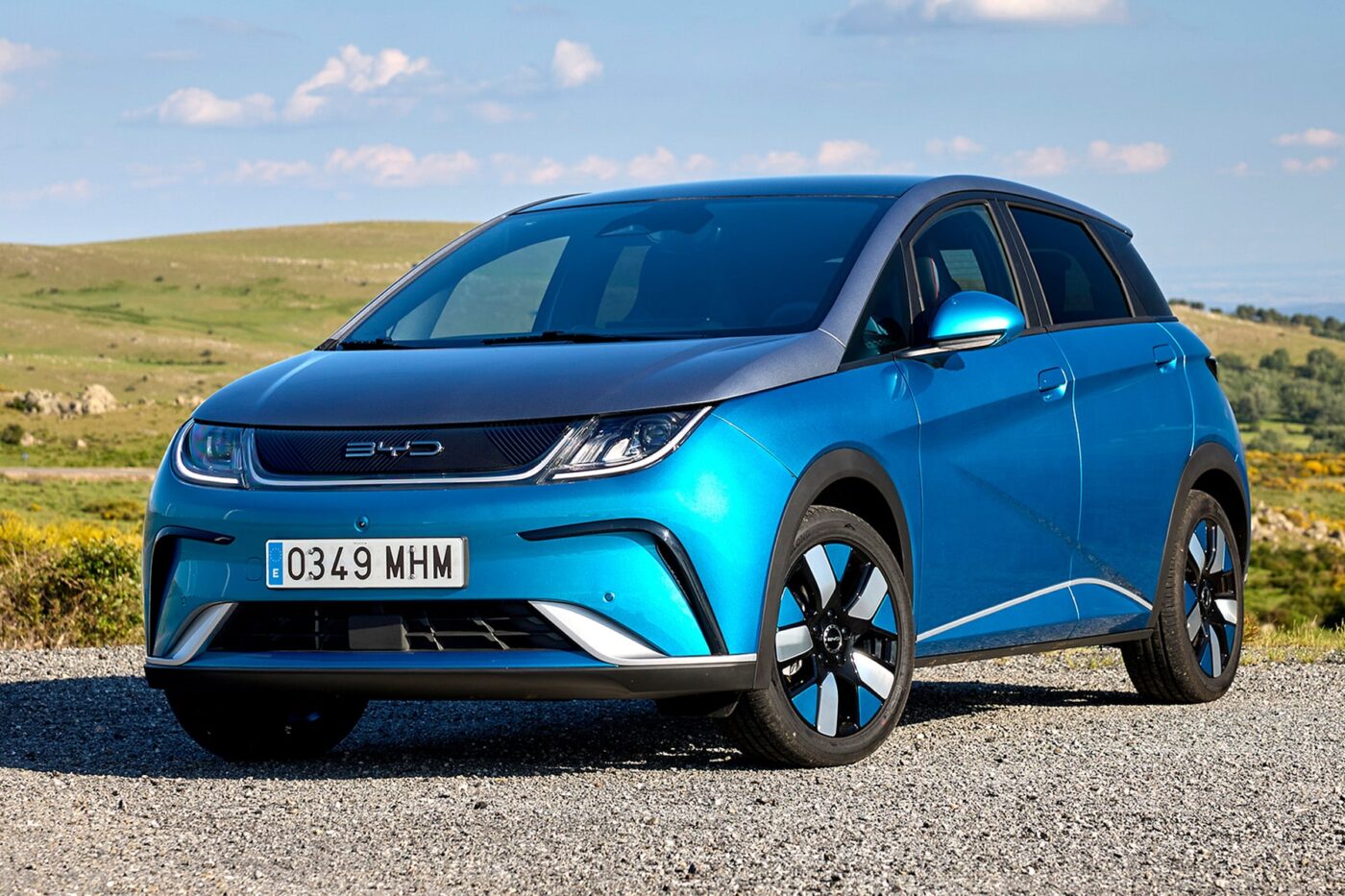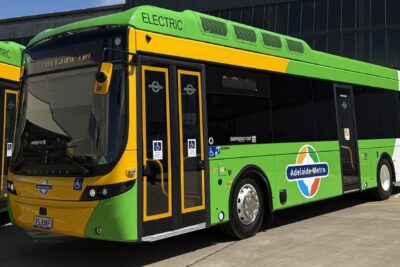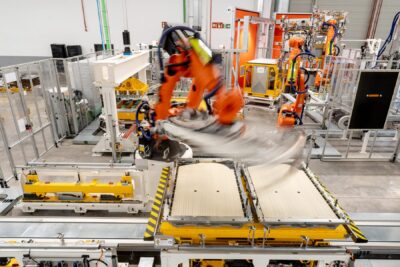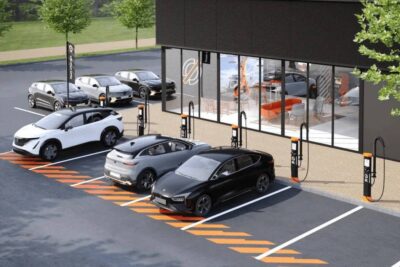BYD wants to bring its electric cars to South Korea
However, interested parties in South Korea can already sign up for a newsletter with BYD to stay up to date. It is not yet clear when BYD will launch in South Korea – but the company is definitely serious about offering its vehicles there. “We have conducted an in-depth review with our experienced executives and partner firms, so that we can meet the appetite of Korean customers,” said Cho In-chul, head of BYD Korea’s passenger car division. “BYD Korea will make public details on the schedule for the launch of our passenger cars soon.”
The carmaker is also holding back details on the portfolio to be offered in South Korea. According to the Korea Times, it will likely include the mid-size Seal saloon and the Dolphin compact electric car. BYD Korea has already registered the trademarks for the models. The Dolphin is sold for the equivalent of just under 13,500 euros in China.
BYD’s decision to expand in Asia is probably also related to the high punitive tariff of 100 per cent on electric cars in the US. BYD’s European business has also been falling short of the company’s expectations for a long time and is now hindered by the increase in customs duty from 10 to 27 per cent.
According to the Korea Times, however, the start of the passenger car business in South Korea is unlikely to be easy for BYD. The brand is still relatively unknown in the country, apart from the fact that BYD buses, forklift trucks and trucks are already available there. BYD could basically score points with its low prices. However, an insider from the automotive industry told local media: “Local customers have a tendency to purchase vehicles manufactured by trustworthy brands, rather than placing a top priority simply on price competitiveness. The only and most powerful upside of BYD is its price. The Chinese carmaker needs to improve its brand value and awareness here for its smooth landing in the passenger car business here.”
According to the Korea Times, the image of electric cars with Chinese batteries has also suffered as a result of a series of fires in South Korea. Since then, Koreans have favoured electric cars with domestic batteries such as those from LG Energy Solution and SK On. EVs of the two major Korean brands Hyundai and Kia are also largely equipped with batteries from these two manufacturers.





0 Comments